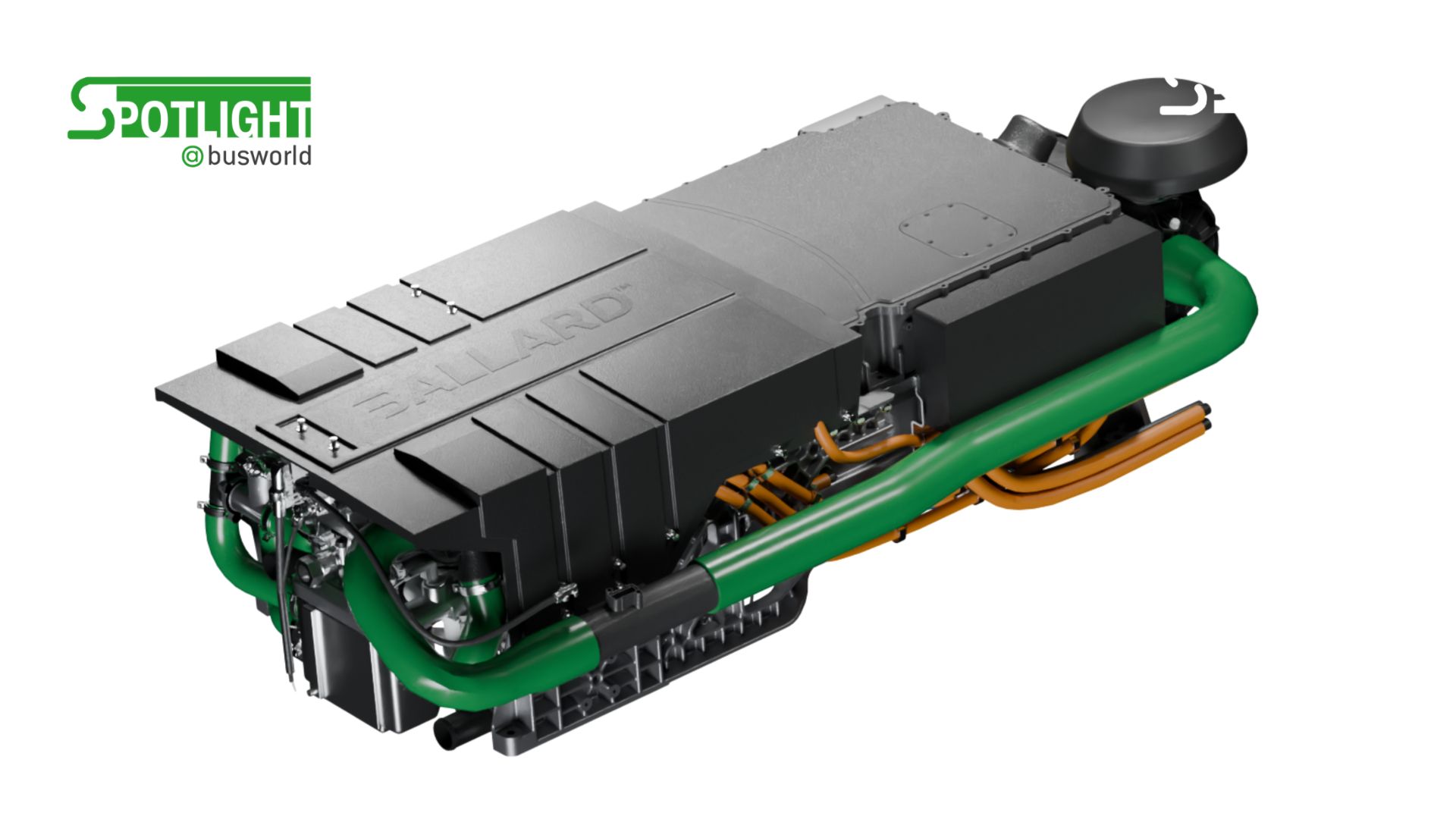
"Fuel cell electric buses are moving beyond pilots into growing commercial fleets. They deliver operational strengths - rapid refuelling, long range, and consistent performance across hot and cold weather - but historically carry a total cost of ownership ( TCO) premium compared to diesel, and in many cases versus battery electric buses. That premium depends mainly on hydrogen price, vehicle acquisition cost, and duty cycle profile."
"Key enhancements for bus manufacturers and operators include: "The FCmove®-SC is the latest product on Ballard's core product platform, which anchors broader advances targeting the industry's core challenge: narrowing the gap in cost of ownership parity with legacy diesel systems," says Kevin Colbow, Senior Vice President and Chief Technology Officer, Ballard. "The fuel cell design significantly reduces integration complexity for bus manufacturers while improving life-time cost and performance for transit operators.""
Fuel cell electric buses are transitioning from pilots to growing commercial fleets, offering rapid refuelling, long range, and stable performance in hot and cold weather. Total cost of ownership remains higher than diesel or battery electric alternatives, driven mainly by hydrogen price, vehicle acquisition cost, and duty cycle. Fuel cell module design and powertrain architecture materially affect those cost inputs. The new FCmove®-SC transit fuel cell module increases sustained power, simplifies vehicle integration, and improves in-service performance. Key technical improvements include 25% higher volumetric power density through integrated DC/DC packaging and a 25% increase in maximum radiator outlet temperature to 75°C.
Read at Sustainable Bus
Unable to calculate read time
Collection
[
|
...
]